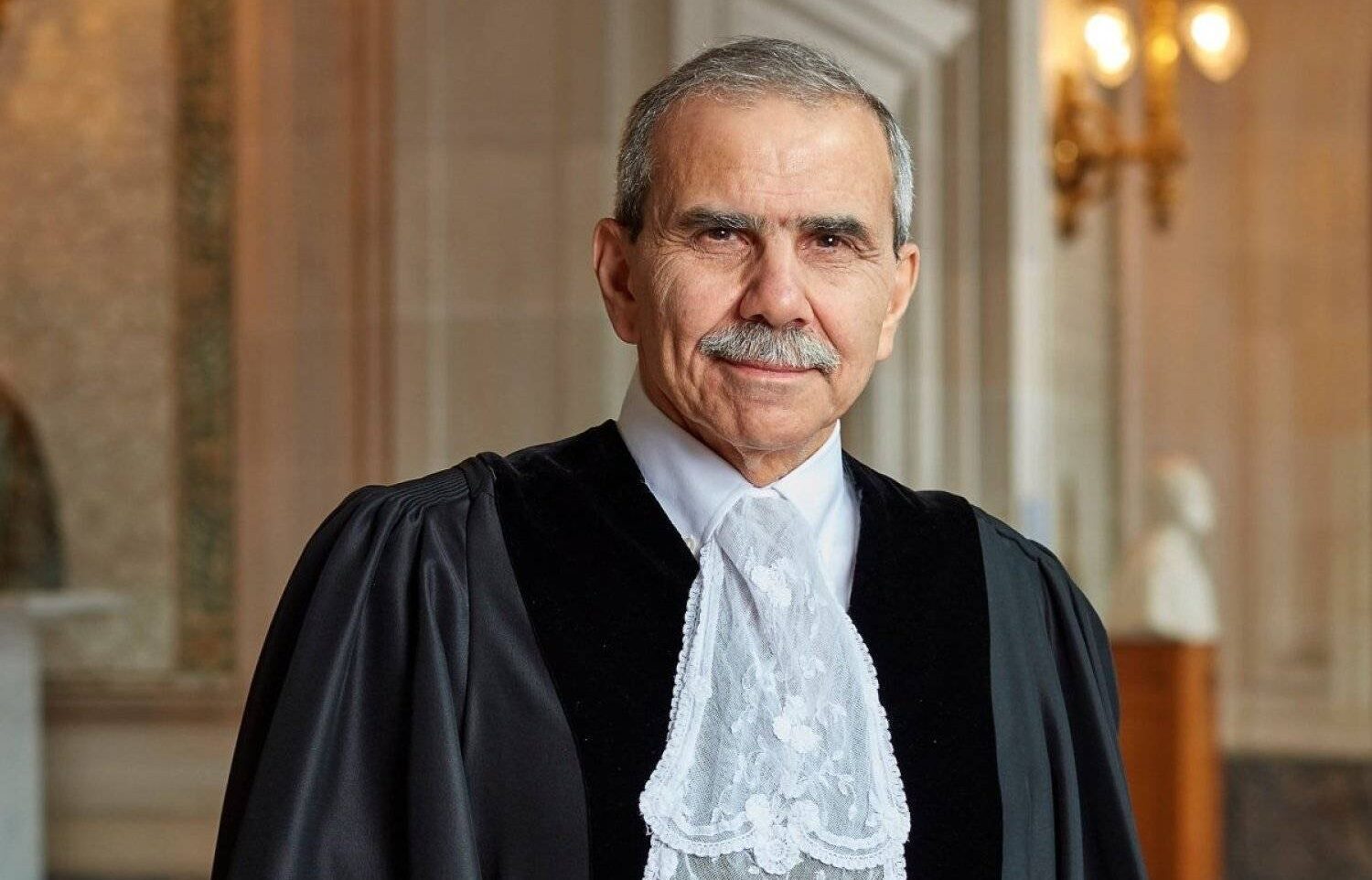On Tuesday, Lebanese judge Nawaf Salam was elected as the new president of International Court of Justice (ICJ), making him the second Arab in history and the first Lebanese judge to reach such a position.
Judge Julia Sebutinde, the infamous and only judge to vote against all measures proposed by South Africa in its genocide case against Israel, was elected as vice-president of the court.
Israeli news platforms, on their part, were quick to label Salam as anti-Israel in their quest to discredit the judge. This comes as no surprise as Israeli authorities have already shown their disregard for the ICJ’s rulings and their plans to continue the onslaught on Gaza and other countries in the region.
For the Return of Beirut’s Legislative Avant-gardism
Shortly after being elected new president, Salam was quick to post on X (previously Twitter) that his election is a major responsibility for achieving international justice and upholding international law.
He then reflected that the first thing that came to his mind is his constant concern for Beirut’s return to its title as “Mother of Laws,” and to succeed as Lebanese people in establishing a state of law and for justice to prevail among its people.
Salam is referring to the Berytian law school, destroyed in 551 AD, widely known in the Roman Empire and famous for the latin motto Berytus Nutrix Legum (or Beirut, Mother of Laws) where two of Rome’s most famous jurists, Papinian and Ulpian, taught under the Severan emperors.
Salam’s Background
Salam began his current tenure as a judge at the ICJ in 2018, as he was elected in 2017 alongside 14 other judges to a nine-year term (2018-2027) by the United Nations General Assembly and the Security Council.
Before that, Salam served as Lebanon’s Ambassador and Permanent Representative to the United Nations in New York between 2007 and 2017. During that period, he also presided over the Security Council and served as Vice President of the General Assembly.
Salam comes from a traditionally high-reaching political family, with his grandfather, Salim Salam, elected as Deputy of Beirut to the Ottoman parliament in 1912. His uncle, Saeb Salam, became Prime Minister of Lebanon four times between 1952 and 1973.
In recent history, his cousin, Tammam Salam, also served as Prime Minister from 2014 to 2016, while his wife Sahar Baassiri became Lebanon’s Ambassador to UNESCO in January 2018.
Salam has reached notable academic stature, having received a doctorate in political sciences from the Institut d’Études Politiques de Paris (Sciences Po) in 1992, an LLM from Harvard Law School in 1991 and a doctorate in history from Sorbonne University in 1997. He was a lecturer and taught and researched in universities for almost three decades.
Political History
A few years ago, Salam was named by a number of political groups, especially so-called “pro-change” members of parliament and parties, as the candidate of choice to become Prime Minister of Lebanon in 2022.
His 2022 book, “Lebanon: Between Past and Future”, dissects several Lebanese crises and addresses issues such as sectarianism, citizenship and state-building.
In the book, Salam calls for the establishment of a “Third Republic” based on inclusive citizenship and the rule of law, which would enable the emergence of a civil, just and effective state. He also calls for the implementation of outstanding provisions of the Taif Accord and the implementation of adjustments to fill gaps and redress balances in the accord.
Historically and today, Salam has remained strongly attached to the Lebanese context and its history, and has proven to be a staunch advocate for Palestinian people’s rights and a strong opponent of Israeli occupation.


